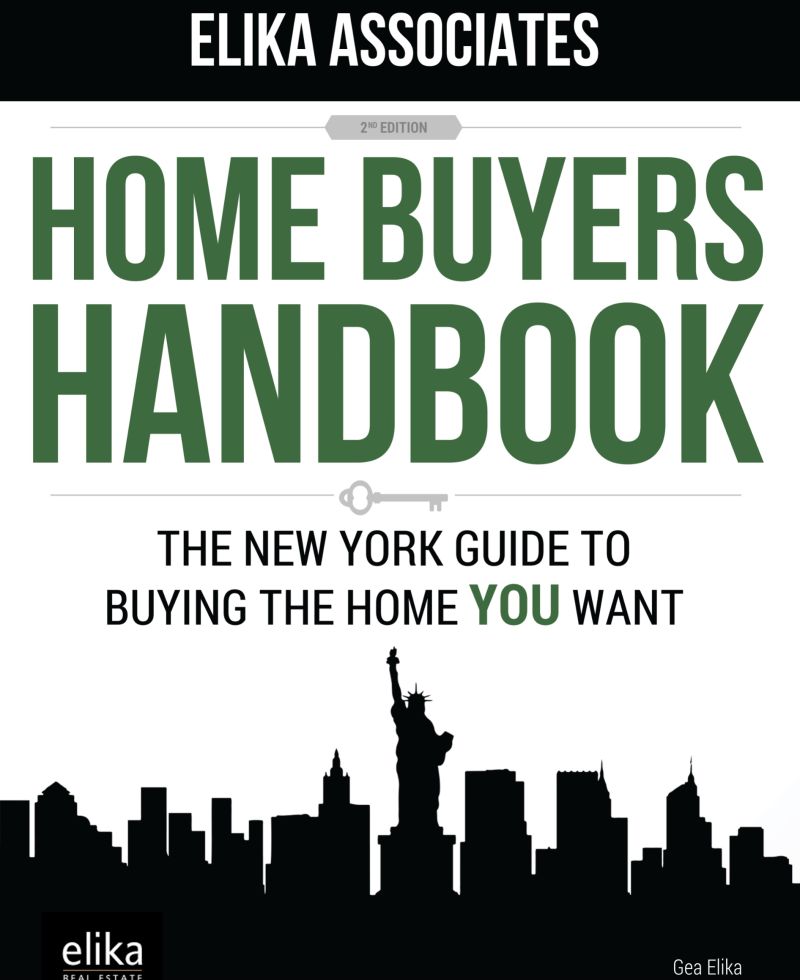Table of Contents Show
We have discussed the importance of both you and your lawyer looking over the board meeting minutes when conducting due diligence. However, while the board discusses mundane matters, financial issues and other essential items are also discussed. You can uncover clues regarding potential problems, providing you know what and where to look.
While your lawyer reads the board meeting minutes as part of his/her duty, we help prospective co-op and condo buyers understand the issues before making an offer. It can also assist existing owners in keeping abreast of the building’s issues and any festering problems.
Minor issuesMinor issues
The board minutes may contain complaints about the quality of life issues. While a co-op and condo typically have house rules, these may not cover all issues, or residents might push the boundaries. Additionally, as a general rule, condo boards are more lenient than their co-op counterparts.
For instance, you might uncover a resident that smokes a lot of complaints about a loud animal. Perhaps it is an isolated incident or part of a larger problem. The minutes let you know how the board handled the matter and whether you found it satisfactory. The board minutes could also reveal a bug infestation problem.
Major issuesMajor issues
The board also discusses major issues. These include disputes between shareholders/unit owners, lawsuits confronting the building, and major repairs. In the case of large capital expenditure, you can find out how the board plans on funding it. You may see an increase in monthly maintenance fees/common charges, or the board could charge a special assessment. In extreme cases, the board may mismanage the finances, creating a bad situation down the line.
How far should you go back?How far should you go back?
Boards generally keep a historical record of all the minutes from their meetings. We think it prudent that you go back at least a few years. If you want to review older board minutes, you can since it provides historical context. You can see the issues confronting the board, how they were handled, and whether they remain a problem. We suggest weighing the more recent minutes more heavily, however.
Why bother?Why bother?
Your lawyer can obtain the minutes from the managing agent in most situations, although not all buildings allow inspection. If there are minutes that you can review, generally, you are not permitted to take these off-site. Therefore, you have to accompany your attorney on the visit, which is via an appointment.
While it is not the most convenient, we suggest making an effort. A board typically meets monthly, and none is usually scheduled in the summer. It provides you with a healthy dose of information to digest. It is essential since the board meeting minutes provide insight into how the board operates and the living situation. These issues, both financial and social, affect your life. While your lawyer is the expert, you should know the job, too. You might discover neighbors you find intolerable or a board that you think is unreasonable, which you want to know before moving in.








